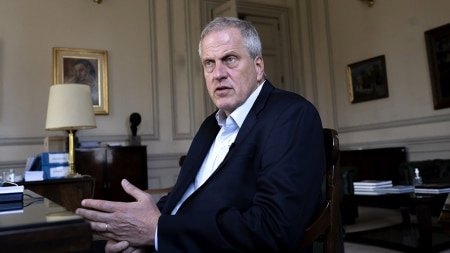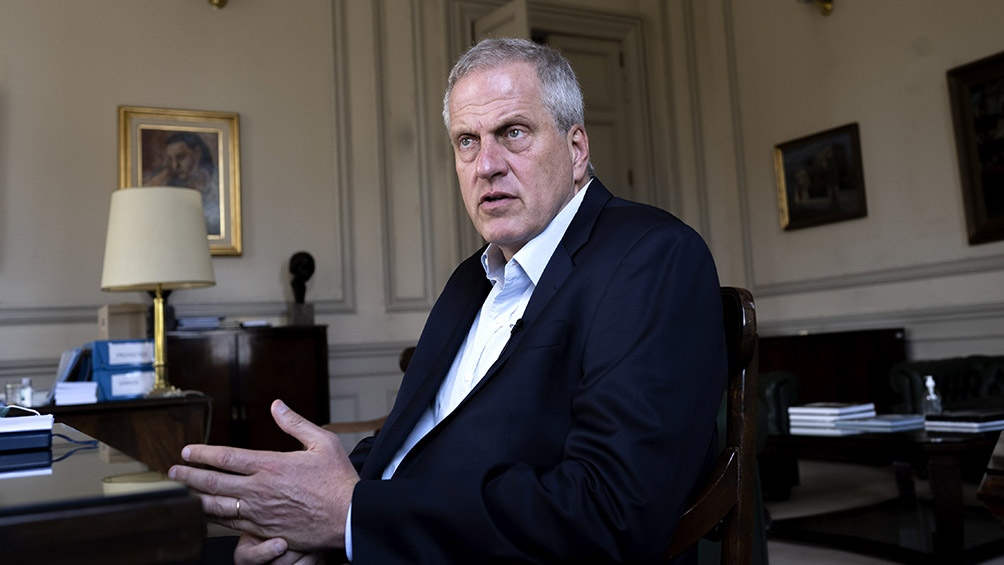 Photo Diego Levy
Photo Diego Levy
The Minister of Education, Jaime Perczyk, highlighted that in recent years educational financing has been “recovering”, he said that in 2022 5.2% of GDP was invested in the sector and that the objective for the current period is to reach 5.4% He also criticized the adjustment made by the government of Mauricio Macri (2015-2019) in that area for not ensuring the investment “that corresponded by law.”
In dialogue with Télam, Perczyk outlined the general guidelines that the Educational Investment Expansion project will have to guarantee the increase in funds for the sector from 6 to 8% in the next 10 years, announced by President Alberto Fernández at the opening of the regular sessions of Congress, and stressed the importance of extended hours in primary schools.
Macri promised the construction of 3,000 kindergartens and built 150. We did not promise them and we are going to end up with 400. The data is compelling
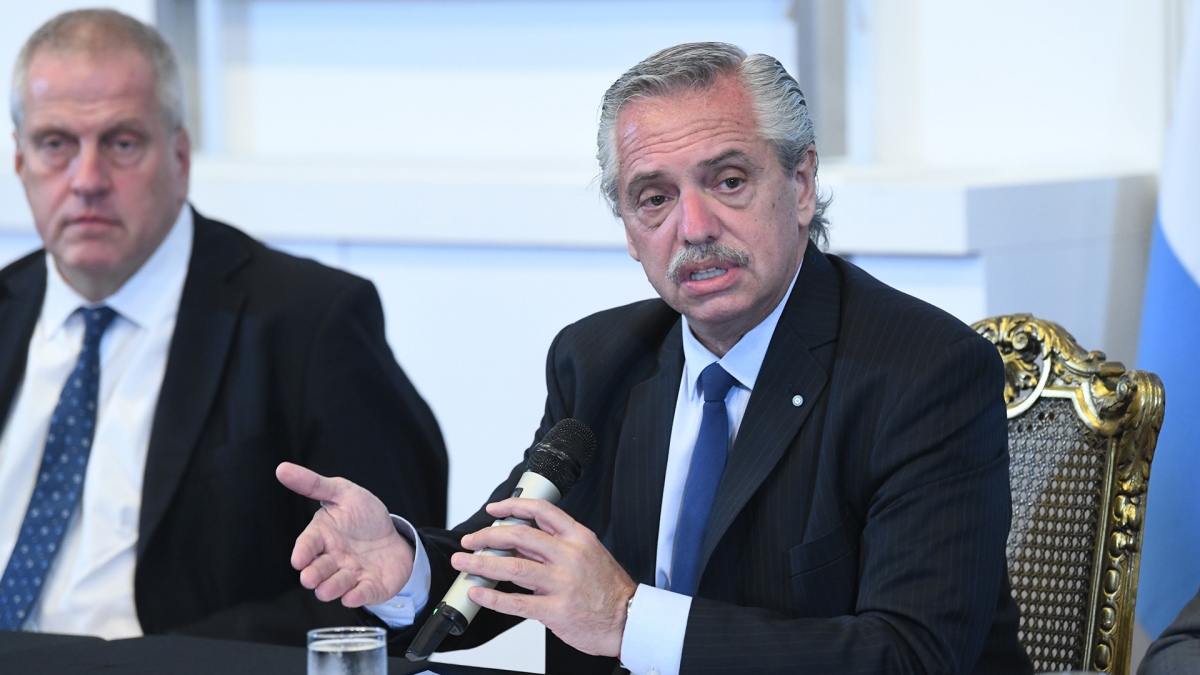 The objectives are the schooling of all four-year-olds, universalize the three (year-old) room, extend the extended day in primary school.
The objectives are the schooling of all four-year-olds, universalize the three (year-old) room, extend the extended day in primary school.
Télam (T): How is investment in education today?
Perczyk (JP): The last year of the term of (the former president) Cristina (Kirchner) 6% of the GDP was invested and in the four years of Macri the financing that corresponded by law was not ensured, it was when the investment was reduced the most in education. There was a very important adjustment: in the first year 5.6% was invested and in the last (2019) 4.9%. We are recovering financing, last year we invested 5.2% and this year we have to reach 5.4%. The proposal is to gradually increase the budget over the next 10 years. Macri’s adjustment implies three Connect Equality plans per year and three years of all the books that the boys have to receive.
T: The President announced the increase in investment in education from 6 to 8% of GDP within ten years. What are the objectives of the Educational Investment Expansion project?
JP: The objectives are the schooling of all four-year-olds, universalize the three (year-old) room, expand the extended day in primary school to reach everyone, primarily the popular sectors. That everyone have at least 25 hours of class per week with books, connectivity, free state-funded teacher training, a second language, transform secondary schools, double the number of technical or agricultural schools, transform high schools and guarantee The functions of the Argentine university: research, extension and teaching. The law should guarantee that adults complete primary and secondary school with face-to-face and distance learning programs.
T: What is your assessment of the time extension in primary schools?
JP: The time extension is the most important primary school transformation measure that Argentina has had in more than a century. It means the incorporation of one more hour of class that implies 25% more school time per day, 38 more days of classes per year and which puts Argentina at the forefront of school time in the region. From 720 hours per year we went to 960.
T: Which provinces have yet to sign the agreements for the extension of school hours?
JP: We are working on the agreements with the provinces of San Luis and Misiones to complete the entire national tour. Last week we signed with La Pampa, Chaco and Mendoza, and we are very close to signing with the province of Buenos Aires. There are provinces that have already implemented the expansion in 100% of the schools, such as Corrientes, Santiago del Estero, Tucumán, Jujuy, Formosa and Tierra del Fuego.
This extension of the schedule means 25% more salary for teachers, directors, vice-directors and secretaries of 20,000 schools. What is added to the result of the parity, which meant an increase in the initial salary of all Argentine teachers to 130,000 pesos as of March 1.
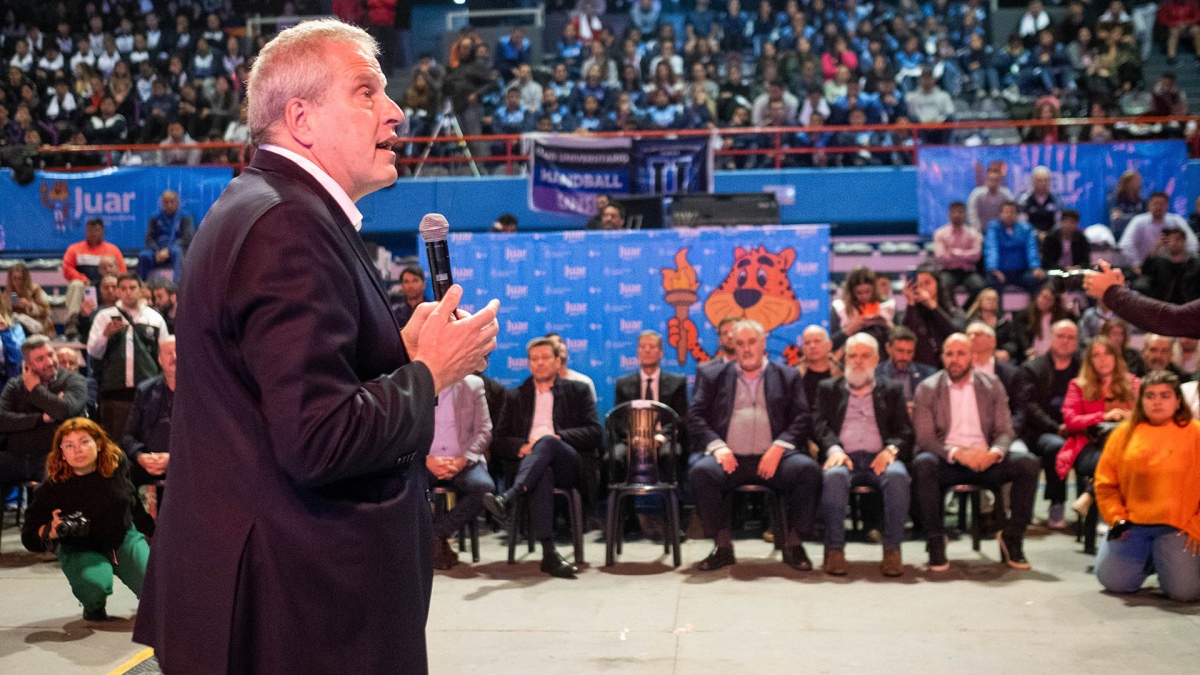 Perczyk outlined the general guidelines of the Educational Investment Expansion project.
Perczyk outlined the general guidelines of the Educational Investment Expansion project.
T: Is the extra hour in schools dedicated to language and mathematics?
JP: Yes. There are kids who have difficulties in other disciplines and they have it because they have language and math problems. The structural must be guaranteed.
T: What legacy did the Covid-19 pandemic leave in the classroom?
JP: A large number of boys had disassociated themselves from school. What remains as a positive legacy is that Argentina managed to recover all the kids. They all went back to school. Society has to recognize the family, the efforts of the children, the schools that sought them out and summoned them, the municipalities, the provincial ministries, and the national government, which invested more than 5 billion pesos for them to return. to the classrooms.
Now we have the challenge of retaining them in school. The Go Back to School program was transformed into a plan called Aprender Más.
T: During the quarantine to mitigate the effects of the coronavirus, the problem of connectivity was exposed.
JP: Last year we distributed 611,000 computers and we will do the same this year. We are also guaranteeing connectivity in 2,000 schools per week. There are a large number of provinces in which children have spaces for technology such as robotics, and this is a path that must be followed and also requires a lot of knowledge of language and mathematics. We are also guaranteeing more than 20 million books.
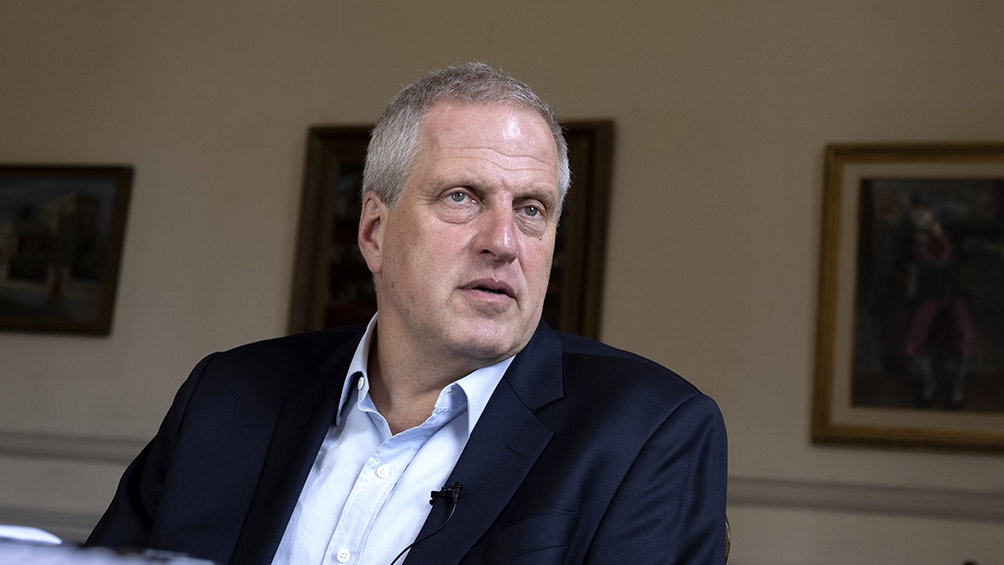 Photo Diego Levy
Photo Diego Levy
T: What is the overall goal for the 2023 school year?
JP: We have to ensure more years, more days, and more class hours. After four years of adjustment and two of a pandemic, what comes next is working to repair the damage caused and, at the same time, building the school that is needed for the 21st century. These steps are being taken.
T: How do you think the issue of education will be dealt with in the electoral campaign?
JP: We are going to put him in the campaign because we have a lot to say. The loss of real wages, the adjustment data from the Cambiemos government, the emptiness of school libraries, the disarticulation of the Conectar Igualdad program, the debt of the Macrista management with public universities; all that will appear.
We are going to talk about the recovery of salaries and scholarships, the implementation of the Books to Learn program or the updating of public universities.
Macri promised the construction of 3,000 kindergartens and built 150. We did not promise them and we are going to end up with 400. The data is compelling.


